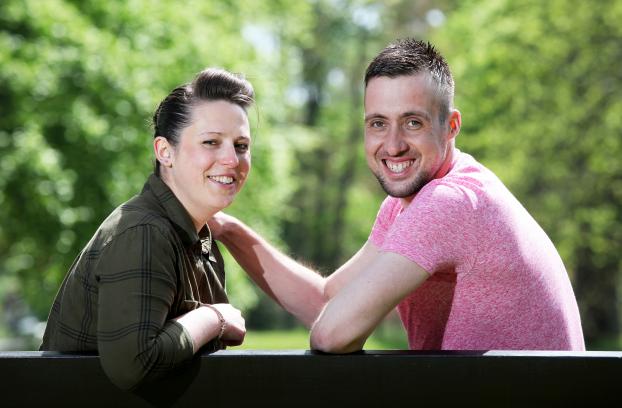Information for potential recipients of a living donor transplant
When you are told that you need a kidney transplant, speaking to family and friends about possible living kidney donor transplantation can be difficult. It is important to know the facts – a kidney from a living donor usually offers better long-term outcomes for your health, and often family and friends will want to know this so they can help with the decision.
Healthcare professionals can help with information sharing with family and friends and in some units there is a dedicated nurse to do just this. It is best that you try and bring someone along to your outpatient appointments, as there is often so much information that having some support is helpful. It may be them that can then relay to your family and friends how important it is for you to receive a transplant as soon as possible.
Key information for potential recipients
- Donors should approach the renal/transplant teams themselves – potential recipients can’t do it for them.
- Similarly, it can sometimes be frustrating when you know there is a living donor wishing to give you a kidney and undergoing assessment and tests. The assessment usually takes 3-6 months, but this can vary.
- The donor assessment is done separately as the health and wellbeing of a living donor is very important, as you would expect. Results will be given directly to the donor.
- It can be helpful to speak to other recipients about their feelings and anxieties about accepting a kidney from a living donor – your local specialist team can put you in touch.

Meet the donors and recipients
Your decision could one day give someone else a second chance of life. Read inspiring stories from donors and recipients about the difference living kidney donation can make.
Let’s Talk about Transplant
There is more information about living kidney donation and raising the subject with family and friends in the Let’s Talk About Transplant leaflet.
Using social media
Some people who are looking for a living kidney donor use social media to appeal to the public to highlight their need.
For some, this can be effective means of communication, with positive results. However, for others it could result in a negative and disappointing experience. Be aware that some people might well volunteer, but later either decide not to donate or not be able to donate for a range of reasons, so you need to be prepared for that.
Before you think about appealing on social media for a living donor, please speak to your local Living Donor Transplant Co-ordinator and tell them of your intention, as they can help and offer some good advice on this.
For more information and advice read the leaflet on appealing for a kidney on social media if you or someone you know needs a transplant.